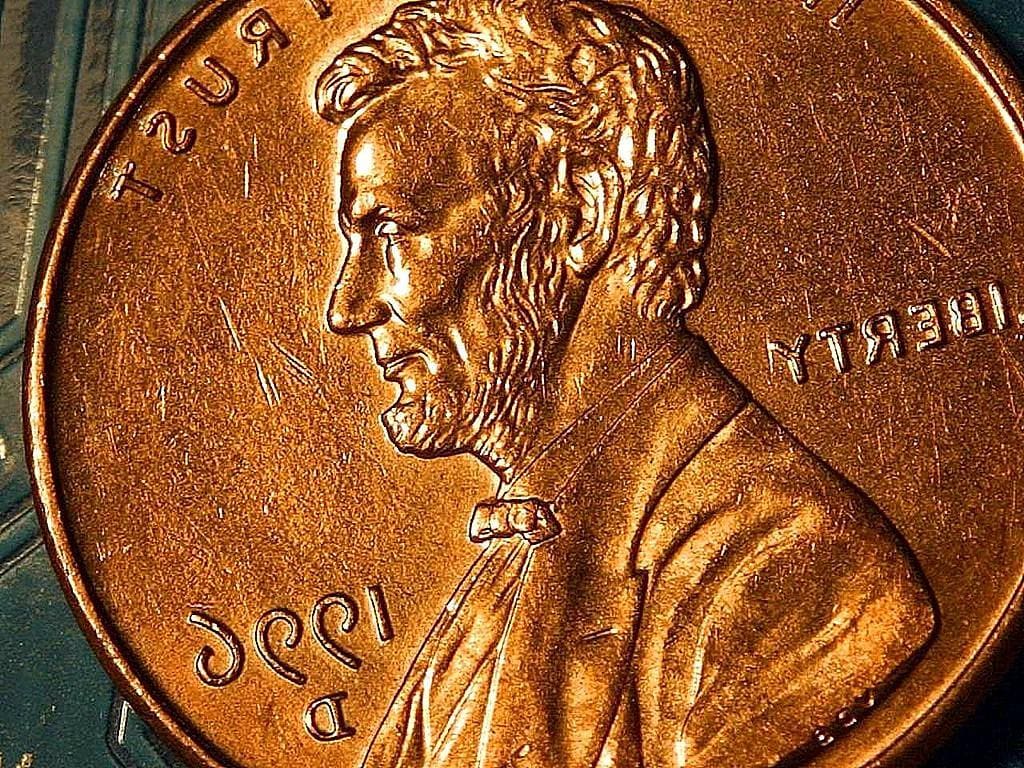The disparity between rich and poor in the U.S. has never been greater than it is now. We are witnessing the most extreme transfer of wealth from bottom to top in the history of civilization. Joseph Kishore, writing for the World Social Web Site, identifies where the wealth is going: “The richest 400 individuals possess $2.2 trillion in wealth, an increase of $500 billion from 2012 to 2013 alone. The top one percent has received 95 percent of all income gains since 2009.”
The top one hundredth of one percent of the population is commandeering most of the wealth. And yet, despite this disparity, the servants of Warren Buffet, a multi-billionaire, pay a higher percentage of their income in taxes than he does. One in three children in the U.S. lives in poverty, and many of them do not have enough to eat.
Regardless of their political affiliation, whenever working class people support policies and institutions that undermine their class interests, they are unconsciously backing the people and institutions that are oppressing them and their families.
Clearly, our political and economic system is not democratic. It is debatable whether we even have political democracy. What we have is plutocracy—rule by a tiny super-rich minority and multinational corporations. The term “Plutocratic kleptocracy” more accurately summarizes this unequal system of grotesque wealth and extreme poverty.
I am aware that some readers may castigate me for making such disparaging remarks about the “shining city on the hill.” Yet it is indisputable that the inequality gap has become a gaping chasm that is leaving millions of workers teetering at the edge of oblivion. Economic power invariably translates into political and social empowerment.
Working people and the poor intuitively understand that our legislators are far closer to Wall Street than to Main Street. Congress bears no resemblance to the demographics of the population. In a recent issue of “Mother Jones,” Dave Gilson and Carolyn Perot wrote: “The median net worth of American families is $120,000. The median net worth for members of Congress is $912,000.” The 10 wealthiest members of Congress, which include West Virginia Senator Jay Rockefeller, have a net worth of $2.8 billion. Only a fool could believe that any of them represent us.
The numbers are as baleful as they are reprehensible. According to the New York State Comptroller, Federal Reserve, and the Bureau of Labor Statistics, between 2007–2009 Wall Street profits skyrocketed 720 percent, unemployment rose 102 percent, and home equity fell 35 percent. The total yearly compensation for CEOs has risen to historic levels while workers’ wages have stagnated or fallen during the past four decades despite increased productivity.
The vast majority of today’s workers and students no longer organize and fight for anything. Is there no social consciousness among the student body at Shepherd University? The Wobblies of old, struggling for the eight-hour work day, had a credo that we would do well to adopt: “An injury to one is an injury to all.” Where is the outrage, the moral indignation at this obscene inequity? Who among us will dare to speak and act on behalf of the powerless and voiceless? Or will we just step over the bodies as we sip our designer lattes?

Leave a Reply